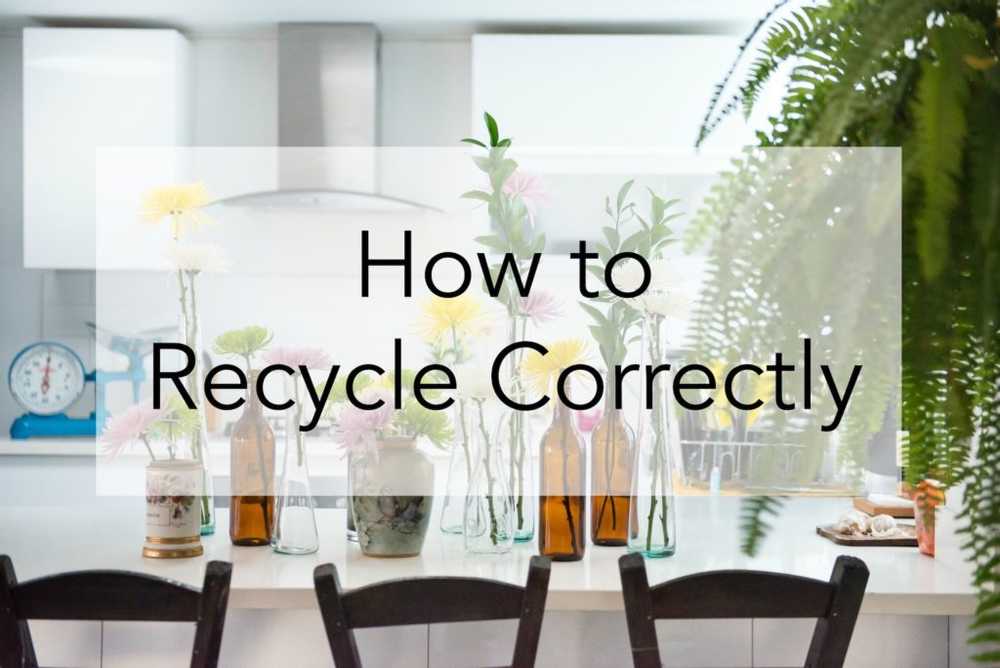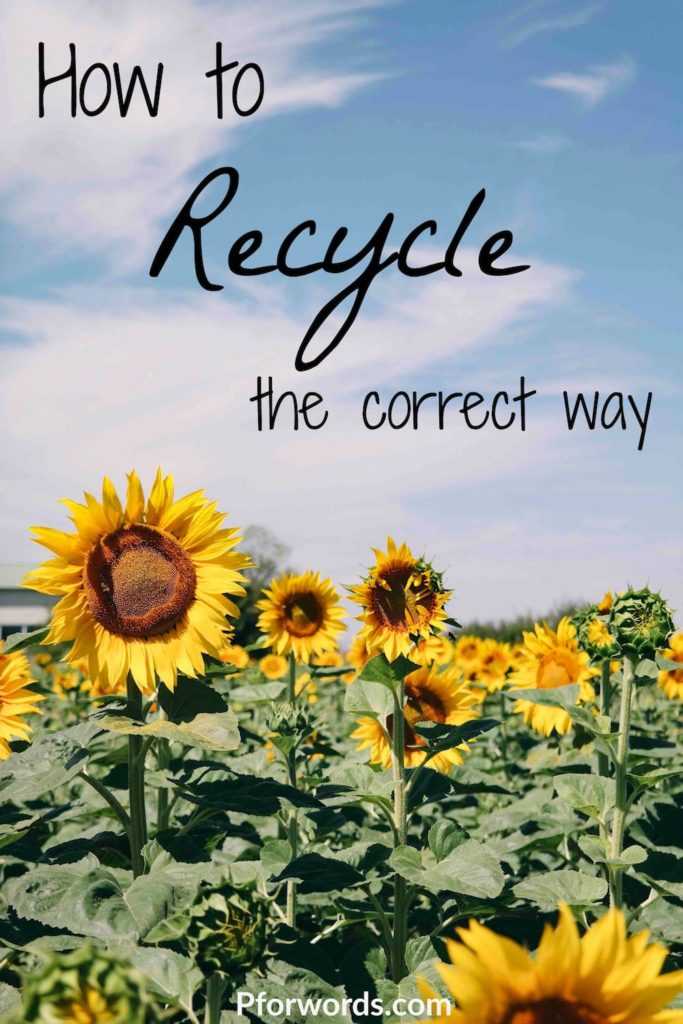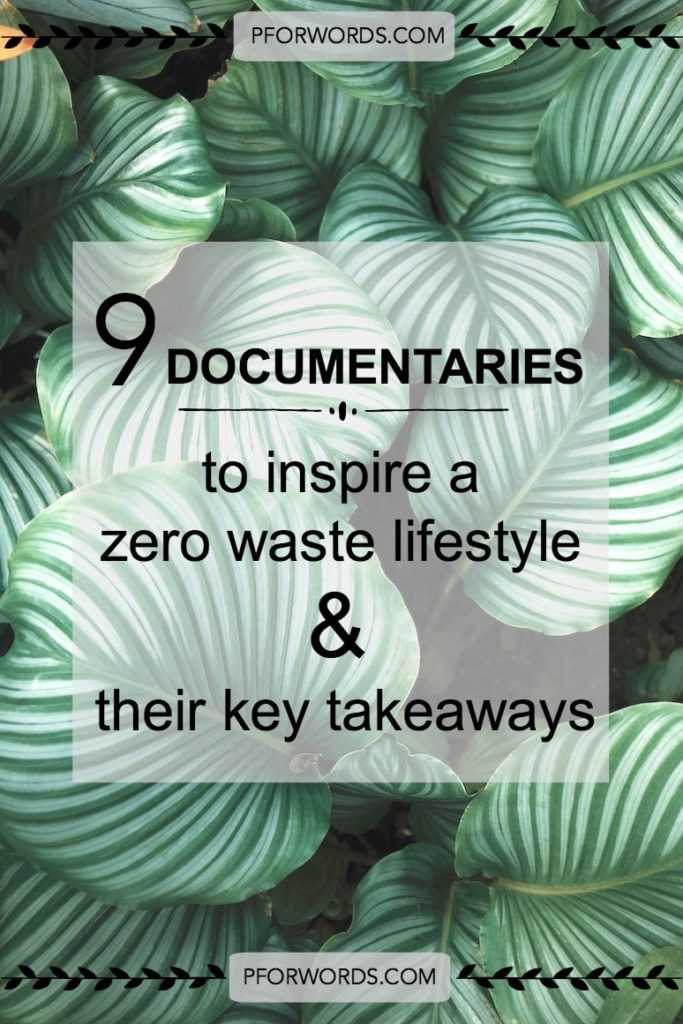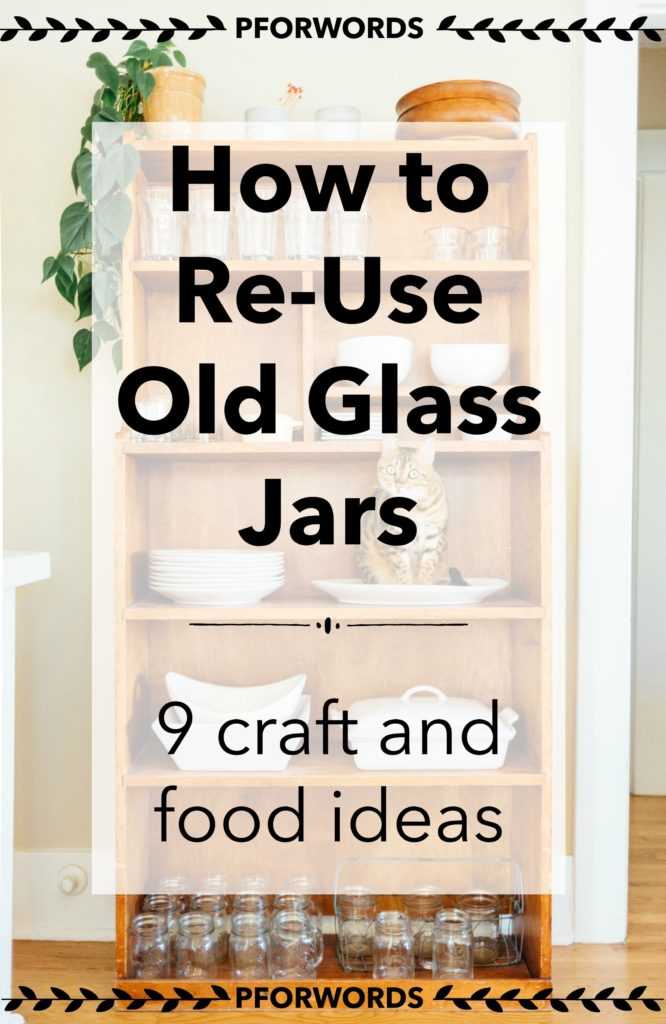A Comprehensive Guide to Recycling Correctly
I’ve started to make a name for myself at my company as the eco-hippy. (I will say that our office is about 50 people so it’s not hard to stand out). People will come to me and ask if they can recycle their items and I will point them in the direction of the correct bin.
More than people at work, I’ve just found that most people don’t know how to recycle. They know they should, but who really wants to take the time to research if certain items can be recycled or not?
However, this is a dangerous mentality as incorrect items in the recycling bin can do more harm than good.
Although these points will vary area to area, I hope you consider them helpful guidelines for when deciding if you can chuck your pizza boxes and plastic bags into the recycling (hint: don't).
Recycling Plastics
Recycling plastic isn’t the solution.
Plastic doesn’t biodegrade, it just degrades. This means that it doesn’t break down into organic materials but instead just breaks down into smaller particles of itself.
This then ends up in our waterways, oceans, rivers, etc. And it’s deadly. Fish, turtles, seaguls, will mistakenly or unintentionally eat it which is toxic. And then those pieces of plastic these creatures makes its way up the good chain.
All in all, plastic should be avoided as much as possible.
But hey, I get it. Sometimes, you just need some cheese, or you get a plastic straw when you asked to not have one.
If you’re going to have plastic, discard it the right way.
Types of plastic:
#1 - PET (Polyethylene Terephthalate)
Can be recycled
Typical use: Used to make single use water bottles, soda bottles, berry holders, fruit bags (like grapes), shampoo, liquid hand soap, mouthwash, pharmaceuticals, etc.
This is one of the most common plastic types. It can be recycled but should never be reused as it’s been known to leak carcinogenic toxins into its items.
#2 – HDPE (High-Density Polyethylene)
Can be recycled
Typical use: HDPE plastic is the stiff plastic used to make milk jugs, detergent and oil bottles, toys, and some plastic bags.
#3 – PVC (Polyvinyl Chloride)
Not recyclable
Typical use: Common consumer products such as raincoats, plastic bags, toys, credit cards, hoses, doors and window frames and shower curtains are also made from PVC
Dubbed the "Poison Plastic" due to the toxic pollutants it might release.
#4 – LDPE (Low-Density Polyethylene)
Somewhat recyclable
Typical use: Mostly for film applications like bags (grocery, dry cleaning, bread, frozen food bags, newspapers, garbage), plastic wraps; coatings for paper milk cartons and hot & cold beverage cups; some squeezable bottles (honey, mustard), food storage containers, container lids.
Some recyclers are able to take this plastic, but it does depend on your area. Call your recycling center to confirm.
#5 – PP (Polypropylene)
Somewhat recyclable
Typical Use: Food containers (ketchup, yogurt, cottage cheese, margarine, syrup, take-out), medicine containers, straws, bottle caps, Britta filters, Rubbermaid and other opaque plastic containers, disposable diaper and sanitary pad liners, thermal vests, appliance parts and numerous car parts (bumpers, carpets, fixtures).
Like #4 plastics, some recyclers are starting to accept this plastic, but not all.
#6 – PS (Polystyrene)
Not recyclable
Aka styrofoam!
Typical use: “Styrofoam food containers, egg cartons, disposable cups and bowls, take-out food containers, deli food plates, packaging, packing peanuts, bike helmets. Harder clear/opaque PS: disposable cutlery & razors, compact disc & dvd cases. High impact PS: hangers, smoke detector housing, licence plate frames, medicine bottles, test tubes, petri dishes, model assembly kits.” - Life Without Plastic
#7 – Other
Not recyclable
This is a category for all other uncategorized plastics.
Typical use: Baby bottles, sippy cups, water bottles, three and five gallon large water storage containers, metal food can liners, juice and ketchup containers, oven-baking bags, carbonless paper receipts, compact discs, DVDs, Blu-ray discs, lab equipment, gears, snowboards, car parts, housing for cell phones, computers and power tools.
They cannot be recycled.
Plastic shopping bags
Not recyclable
I see so many plastic shopping bags in recycling bins and wanted to call that out right here.
These flimsy plastic bags cannot be recycled with curbside pickups. It jams the sorting equipment, wreaking havoc on the recycling process.
If you have an abundance of them, try reusing them in different crafts. If you still want to get rid of them, drop them off at larger grocery stores like Target and Walmart. Most of the time, they have a bin by the front dedicated to collecting and properly recycling these plastic bags.
Recycling Paper
Upwards of 63 % (45 million tons) of paper products are recycled annually.
Office Paper
Easily recyclable
Paperboard
Easily recyclable
This is like what cereal boxes are made out of.
Recycled paperboard often includes a coating to improve its printing surface and provide protection from fingerprints. It's still perfectly recyclable (just like glossy paper in magazines).
Pizza boxes
Harder to recycle
Although there is a common perception that pizza boxes can be recycled because it’s paper, that’s actually false.
Paper with foods stains like grease and oil cannot be recycled. The majority of pizza boxes easily have this oil-stained issue. Paper absorbs oil and residue from food, so it’s harder to get out. Beyond pizza boxes, paper napkins, plates, and towels are all non-recyclable for this reason.
The solution? Either cut out the stains and throw them out in order to recycle the rest of the box or compost the entire thing.
Paper cardboard dairy and juice cartons
Hard to recycle
“Known in the industry as "poly-coated paperboard containers," the cartons are made of about 80% high-quality paper fiber, a renewable resource, and 20% polyethylene, a type of plastic that keeps the paper from getting wet.” That plastic lining makes these items really difficult to recycle as the thing plastic lining clogs of the recycling plant machinery.
To-Go ‘Paper’ Cups
Really really hard to recycle
(Like the ones are Starbucks)
Same thing as the dairy and juice cartons.
Even though there’s a little recycling icon printed on the side of the cup, these are not easily recyclable. Why? Because it’s lined with a really thin plastic that our machines currently have trouble seperating from the paper.
Recycling Metals
“Americans currently discard about 2.7 million tons of aluminum each year. Of that, about 50 percent is recycled. Apart from the economic impact, the environmental savings of recycling metal are enormous. Recycling steel and tin cans, for example, saves 74% of the energy used to produce them.”
Aluminum can
Easily recycled
Because they are magnetic, it’s easy to separate them from the line of other recyclables by using a magnet wand.
Aluminum foil
Can mostly be recycled
However, it needs to be free of any food particles so make sure you scrap all the food bits off of it. If you are going to recycle it after you clean it, ball it up so it has a better chance of picked up by the magnetic wand.
I just save all my aluminum foil that ends up in my house and reuse it over and over again.
Steel Cans
Easily recycled
Often times these are confused with aluminum cans. The easiest way to tell them apart is with a magnet as aluminum is magnetic and steel is not.
Steel cans make up about 90% of the U.S. food can market.
Recycling steel saves at least 75% of the energy it would take to create steel from raw materials. That's enough energy to power 18 million homes.
Recycling Glass
While glass can be recycled endlessly without loss of quality, in reality, the act of recycling glass is more difficult than I imagined.
Clear Glass
Easiest glass to be recycled
About 61% of glass containers produced in this country are clear.
This is the most desired glass as it’s easy for marketing teams to display their product.
Brown Glass
Harder to recycle
About 31% of glass containers produced in this country are brown in color.
The get the brown color, manufactures adds nickel, sulfur, and carbon to molten glass. The color cannot be removed. And because of that, brown glass can only be recycled into other brown glass items.
Green Glass
Harder to recycle
Same issue as the brown glass.
Why is recycling glass so hard?
Some curbside programs and recycling centers take only certain colors of glass, if they even take them at all.
The first issue if the safety of their workers. Broken glass is inherently dangerous.
The second reason is that manufacturers who buy the glass have to maintain the integrity of the color when producing new glass.
To recycle glass, the recycling plant has the crush it, aka “cullet”. It then has to be sorted by colors because like mentioned earlier, maintaining clear glass is the most desirable glass and green and brown glass can only be recycled into their respective colored glass again. It’s this process that makes recycling glass so difficult because it’s so labor-intensive and can easily be done incorrectly.
Glass that should never been placed in your recycling bin:
- Any glass contaminated with stones, dirt, and food waste
- Ceramics, such as dishware, ovenware, and decorative items.
- Heat-resistant glass, such as Pyrex.
- Mixed colors of broken glass.
- Mirror or window glass.
- Metal or plastic caps and lids.
- Crystal.
- Light bulbs: Find out how to recycle here.
- Cathode-ray tubes (CRTs) found in some televisions and computer monitors. Find out how to recycle here.
Got some glass jars from food products lying around? Consider cleaning and keeping them to do something fun with them like turning them into candles or a to-go compost holder.
RELATED: How to Reuse Old Glass Jars
How to recycle
After you’ve done some research about what kind of recyclables your curbside pickup takes, make sure that you:
1. Clean it
Dirty items most of the time won’t be recycled. What’s worse is that it can contain containment other recyclables as well! Make sure your items are cleanish and dry.
2. Don’t put your recycling in a plastic bag
This makes it harder for the machines to get to the recyclable and will clog them up.
Although the type of plastic the typical household plastic garbage bags say they are recyclable, they actually cause a lot of issues in the recycling process.
---
Wrapping it up!
People have good intentions when they recycle. I know I certainly did despite me doing it wrong for too long. I hope that this post has taught you something new and can act as a reference guide for all future recycling questions :)
You May Also Like
Hi, I'm Taylor
Amateur adult. Zero waste zealot. Personal finance fiend. Spicy food supporter. I’m an mid 20’s gal living in Denver, Colorado. My love of the outdoors has cultivated my zero waste lifestyle, which inadvertently fueled my passion for personal finance. Cheers to everyone interested in lessening their footprint while growing their wallet!



